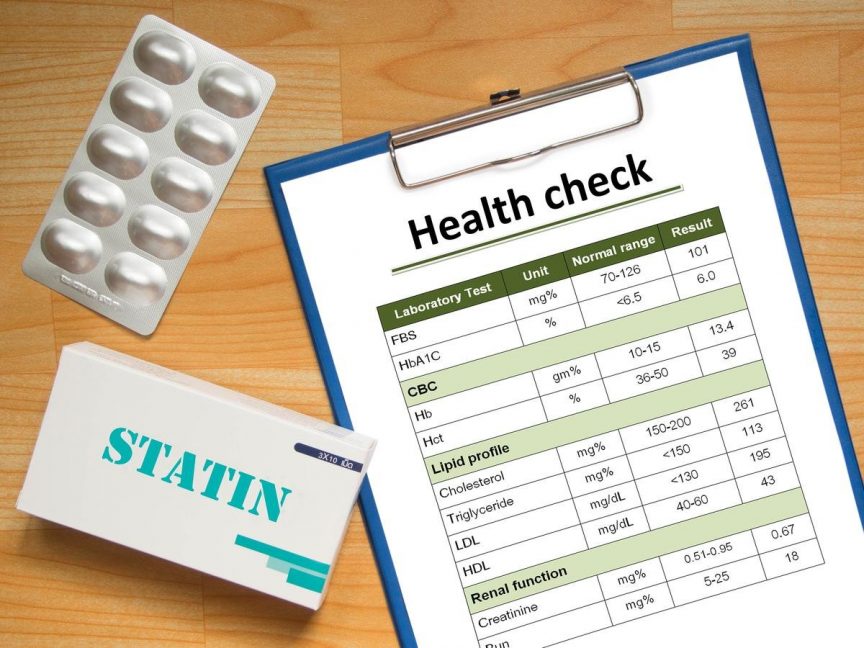Lifetime use of standard statin increased QALYs by 0.24 to 0.70, with further increase seen for higher-intensity statins
By Elana Gotkine HealthDay Reporter
THURSDAY, Sept. 12, 2024 (HealthDay News) — Statin therapy improves health outcomes and is cost-effective for men and women aged 70 years and older, according to a study published online Sept. 10 in Heart.
Borislava Mihaylova, D.Phil., from the University of Oxford in the United Kingdom, and colleagues examined the long-term effects and cost-effectiveness of statin therapy for older adults in a meta-analysis and a new validated cardiovascular disease (CVD) model. Performance of the CVD microsimulation model was examined among participants aged 70 years and older at (re)surveys in the U.K. Biobank and Whitehall II studies. Participants’ cardiovascular risks, survival, quality-adjusted life years (QALYs), and health care costs were projected with and without lifetime standard (35 to 45 percent low-density lipoprotein cholesterol reduction) or higher-intensity (≥45 percent reduction) statin therapy.
The researchers found that lifetime use of a standard statin increased QALYs by 0.24 to 0.70 per person and use of a higher-intensity statin increased QALYs by a further 0.04 to 0.13 per person in categories of men and women 70 years and older without and with prior CVD (15,019 and 5,103 participants, respectively). Statin therapies were cost-effective, with an incremental cost per QALY gained below £3,502 and below £11,778/QALY for standard and higher-intensity statin therapy, respectively, and with high probability of being cost-effective. Statins remained cost-effective in sensitivity analyses, although there was more uncertainty for older people without previous CVD.
“While further randomized evidence will be helpful, the robustness of these findings indicates that older people are likely to benefit cost-effectively from statin therapy and should be considered for treatment,” the authors write.
Several authors disclosed ties to the pharmaceutical industry.
Copyright © 2024 HealthDay. All rights reserved.

